Certification
About Us
There are literally thousands of certification marks available for different applications. Ecosafene can help your organization follow the correct routes to certification and provide advice on how these differ from mark to mark and within the certification structure and the intended market.
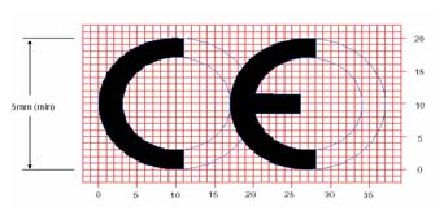
CE Marking (CE-Mark), also known unofficially as "CE mark" or "EC Mark", as shown on the top of this page, is a mandatory mark for many (estimatively around 70%) of the products sold on the EFTA plus European Union (EU) market (total 28 countries) and it is often referred as the "Trade Passport to Europe" for non-EU products.
CE Marking on a product is a manufacturer's declaration that the product complies with the essential requirements of the relevant European health, safety and environmental protection legislations, in practice by many of the so-called Product Directives.
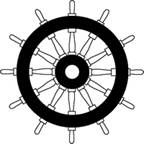
The Marine Equipment Directive 96/98 EN has came into force on January 1st 1999 and covers a range of equipment carried on board ships registered under the flags of the European Union Member States. It was established to ensure that equipment which must comply with the requirements of international conventions (e.g. SOLAS) agreed by the International Maritime Organization also meets common standards of safety and performance across the EU. Approval requirements are also harmonized which ensures certificates issued in one Member State are accepted by all States across the EU. The Directive applies to all ‘Community Registered Ships’ and is mandatory from January 1, 2001.
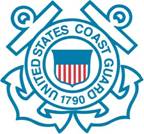
The United States Coast Guard (USCG) is a department of US Homeland Security. The Coast Guard's enduring roles are Maritime Safety, Maritime Security, and Maritime Stewardship. The equipment carried on board should obtain Coast Guard approval before enter the America market. The manufacturer should submit the product and its design illumination and pictures to US Coast Guard for their consideration for approval. Some products even need to be tested by third-party laboratory

Deutsches Institut für Bautechnik (DIBt) is an institute of the Federal and Laender Governments for a uniform fulfillment of technical tasks in the field of public law.
These tasks include in particular:
v Granting of European technical approvals for construction products and systems,
v Granting of allgemeine bauaufsichtliche Zulassungen ('national technical approvals') for construction products and types of construction
v Recognition of testing laboratories, inspection bodies and certification bodies for tasks within the framework of the Ü-Zeichen ('Ü mark') and the CE marking of construction products
v Publication of Bauregellisten ('Construction Products List') A and B as well as List C for construction products.
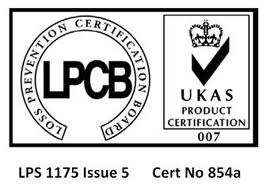
LPCB approval is the approval that many major insurance companies and specifiers lok for when dealing with fire safety, fire performance and security issues. The LPCB approval process integrates regular product testing and quality management audits to confirm that the products on the market are exactly the same as the products originally tested and approved.
LPCB is itself accredited to ensure that it has the capabilities and is competent to provide testing and approvals. LPCB is accredited by the Government-linked authoritative body UKAS. This gives further confidence that you can trust the LPCB mark of approval.
ENEC is the high quality European Mark for electrical products that demonstrates compliance with European standards (EN)
The expansion of the ENEC Mark Certification Scheme to all electrical products creates a single independent high quality safety mark for Europe. The opening of the Scheme to manufacturers worldwide will improve the safety of electrical products being placed on the European market.
ENEC means safety in Europe, and all signatories of the ENEC Mark Scheme actively support its commitment to the highest safety levels.
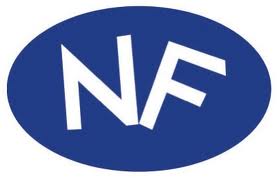
More than just standards
The NF mark is a collective certification mark. It guarantees the quality and safety of the products and services certified. The NF mark guarantees compliance not only with current standards, but also with additional quality criteria that meet consumers' needs.
A well-known mark
85% of the French population knows the NF mark. For more than 60 years it has adorned consumer products such as electric plugs, refrigerators, taps, and so on. More recently, service providers such as tourist offices and passenger transport companies have been highlighting the quality of their services through the NF Service mark.
Certification is when an accredited third party visits an organization, assesses their product or company and issues a certificate to show that the organization abides by the principles set out in the standard, so following industry best practice.
F Benefit from Certification
v Certification helps you to demonstrate to stakeholders that your business is run effectively and your product is comply with the Standard
v The process of achieving and maintaining the certification also helps ensure that you are continually improving and refining your activities
v The regular assessment process will improve staff responsibility, commitment and motivation
v Certification can improve overall performance, remove uncertainty and widen market opportunities


